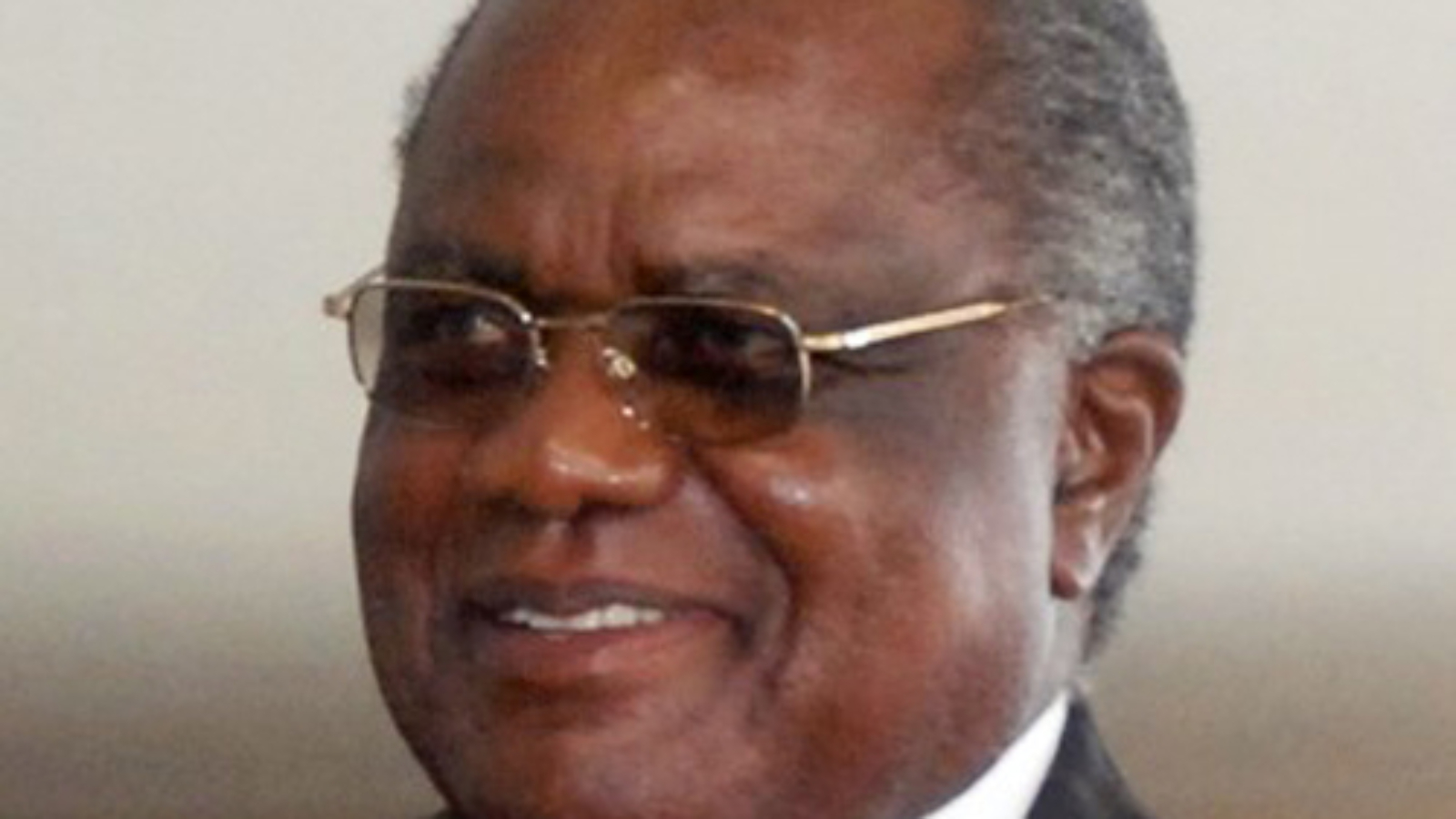[Above: Namibian President Hifikepunye Pohamba]
By Khadija Sharife
The ruling South West Africa People’s Organisation (SWAPO) of Namibia has proposed significant changes to the Regional Councils Act, facilitating the appointment of regional governors by Namibia's president, Hifikepunye Pohamba. The changes allow for the president to appoint governors in regions where the ruling party does not have majority representation. Prior to the changes, councillors were elected by constituencies, with governors selected by the regional councils.
According to the government’s press release, the primary purpose is “to strengthen and clarify the link between the regional councils and central government” through specially appointed advisors, and for regional governors “to serve at the President’s pleasure”. While the move has generated criticism, especially on the part of opposition parties, Phillemon Ndjambula, a SWAPO regional councillor publicly stated the change was necessary, “because the opposition may block some government development projects … so that in the end, they will claim that government failed to deliver”.
The move is seen as the latest tactic by SWAPO’s upper echelon to concentrate power in the hands of a patronage system. Like South Africa’s ruling party, the African National Congress (ANC), the state has mandated the “redistribution” of wealth through Black Economic Empowerment (BEE), leading to a culture of corruption extending to the most lucrative sectors of Namibia’s largely resource-based economy, including diamonds and even tourism. And just like South Africa’s ANC, SWAPO claims the party will rule until the “coming of Jesus”. According to leading Namibian commentator and writer John Grobler: “SWAPO unilaterally rejigged candidates’ lists to move some people higher up to mayoral positions, for example, and dropping others, without any consultation at grassroots level.”
There are tensions within SWAPO itself, as the battle to gain control of the centre stage continues between the waning influence of its founding president Sam Nujoma (and his younger supporters) and new patronage systems under Pendukeni Ithana and Hage Geingob, secretary general and vice president.
The Electoral Commission of Namibia (ECN) claims there are 1.2 million registered voters from a total population listed by the World Bank as 2.1 million. Yet the ECN “has over the past 20 years not removed any dead people from their voters rolls,” said Grobler, referring to voters from Ovambo region who hold more than one ID and voter card. “If you start checking, you soon realise that among the main population bulge – aged 15 to 25 – most people are not registered as voters.” Furthermore, as Grobler notes, there were considerable delays before results were announced. Voter turnout constituted less than 20%, and opposition parties stated that voter rolls were heavily inflated. More than half the opposition did not accept the results. Nine parties want the National Assembly elections, held in November 2009, to be declared null and void.
“People voted against SWAPO by not going to vote,” says Grobler.
Khadija Sharife is the Southern Africa correspondent for The Africa Report, where this article originally appeared.
